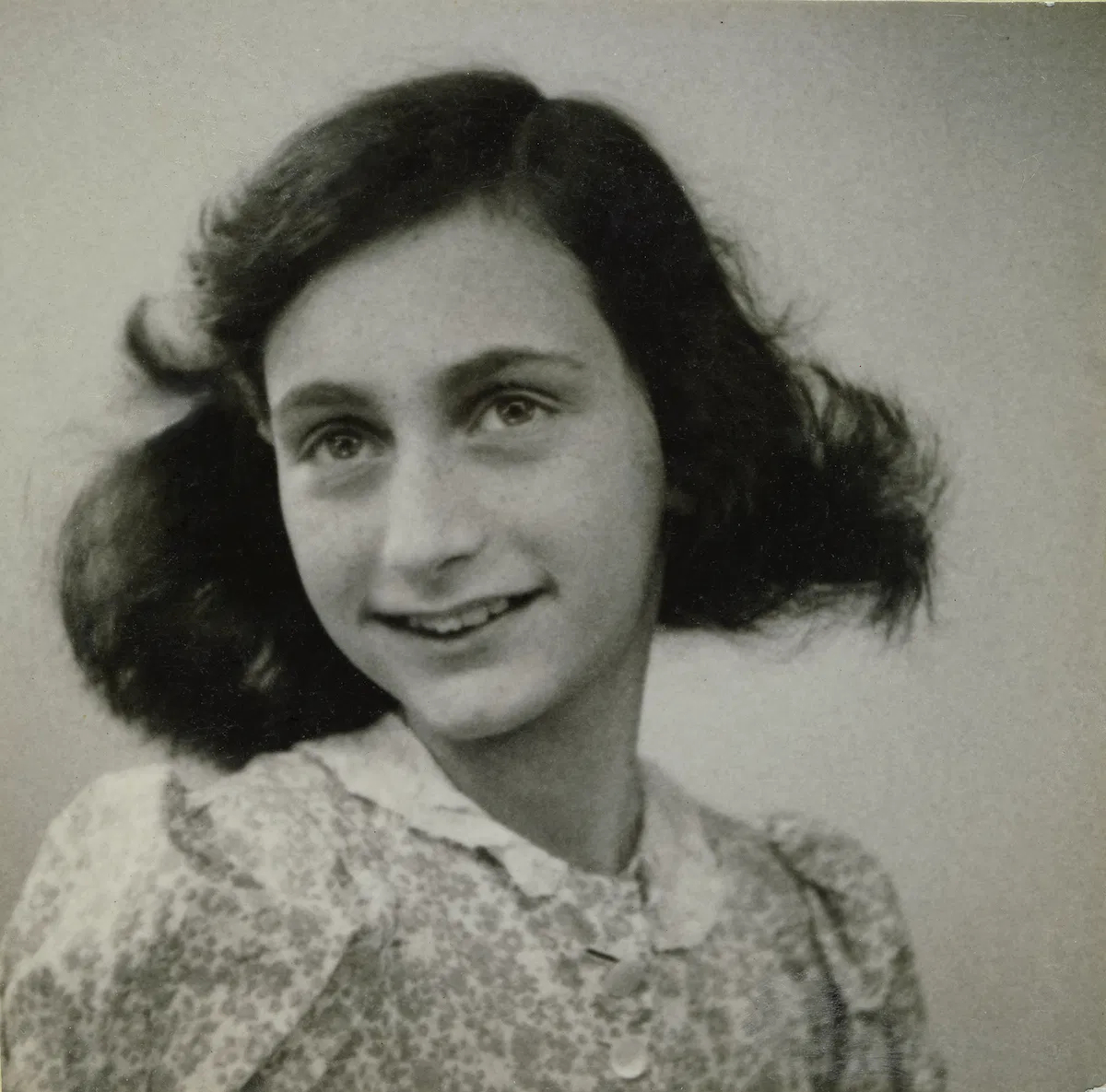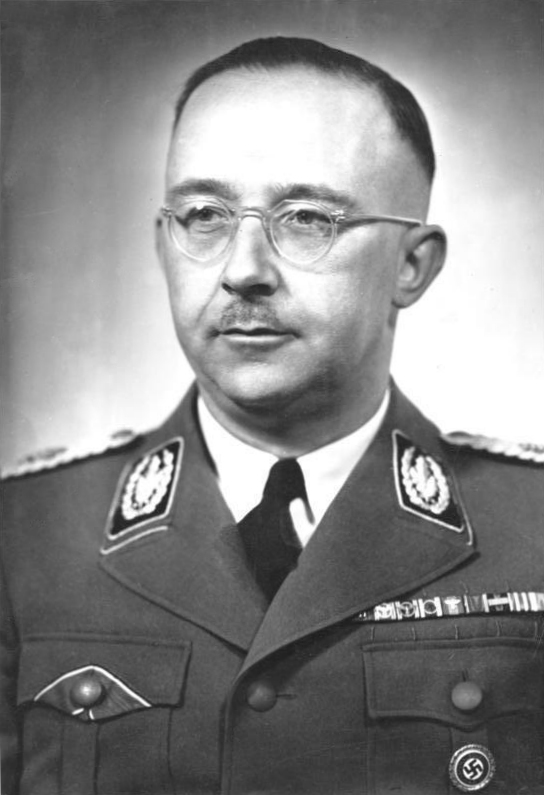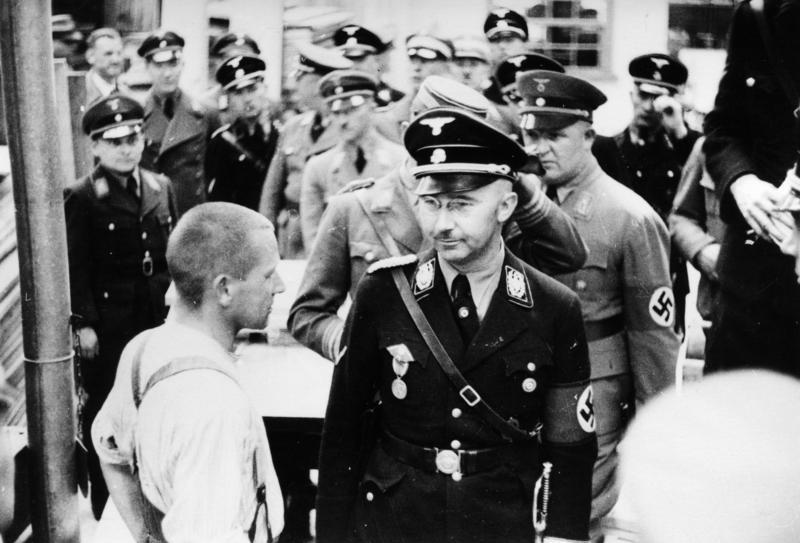“I hope I shall be able to confide in you completely, as I have never been able to do in anyone before, and I hope that you will be a great support and comfort to me.”

The last known photograph of Anne taken in May 1942, taken for a passport photo.
Her voice has come to symbolise the Holocaust, one victim among the six million who spoke for them all, a testament to all who perished with her.
Anne Frank died aged 15 in the Bergen-Belsen concentration camp in early March 1945, possibly the 7th.
Born on 12 June 1929, Anne and her elder sister, Margot, lived their early years in Frankfurt. But in 1933, following Hitler’s appointment as Chancellor, the Franks, as a Jewish family, became concerned for their safety as the Nazis introduced increasingly fanatical anti-Semitic legislation.
The Franks Move to Amsterdam
In late 1933 Anne’s father, Otto, was offered and accepted a business opportunity in Amsterdam. In February 1934 his wife and daughters joined him in the Netherlands. Of the half-million Jews living in Germany in 1933, about 320,000 had emigrated by 1939.
In May 1940 Hitler launched his attack against France and the Low Countries. Rotterdam was heavily bombed and, on 15 May, the Dutch, fearing further losses, surrendered.
Occupied Netherlands
Life for the Jewish population in Nazi-occupied Netherlands became increasingly intolerable and dangerous. In July 1942 Otto Frank received an order to report his eldest daughter for a work camp. The Franks, fearing for their lives, decided they had no option but to go into hiding. Continue reading
 Heinrich Himmler was born the son of a Catholic
Heinrich Himmler was born the son of a Catholic  Himmler suffered from various psychosomatic illnesses and intense headaches and was shocked and sickened by what he saw when visiting the camps he administered. Yet he remained determined that the work should continue, however distasteful.
Himmler suffered from various psychosomatic illnesses and intense headaches and was shocked and sickened by what he saw when visiting the camps he administered. Yet he remained determined that the work should continue, however distasteful. brought up in a middle-class Lutheran environment. (Eichmann kept his faith right up to the late 1930s, long after it was fashionable for Nazis to denounce religion).
brought up in a middle-class Lutheran environment. (Eichmann kept his faith right up to the late 1930s, long after it was fashionable for Nazis to denounce religion).
 Reinhard Heydrich
Reinhard Heydrich The object of the Jews
The object of the Jews